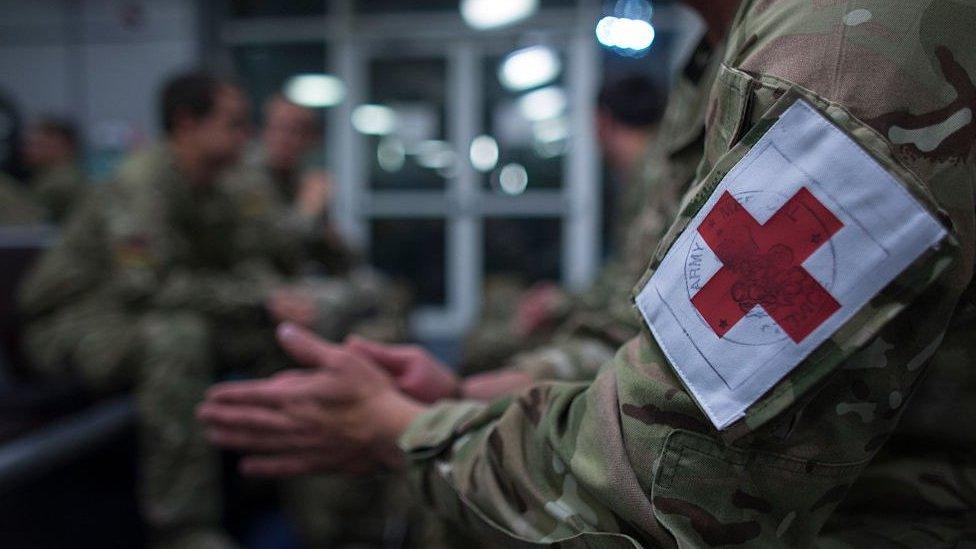Covid-19: Military medics cannot be permanent fixture in NI, says Swann
- Published
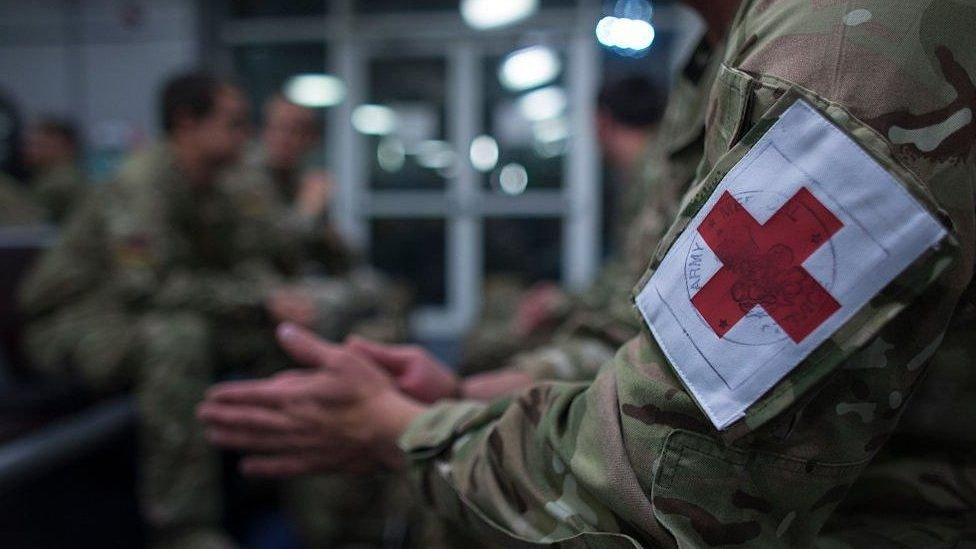
More than 100 military staff were deployed to work in Northern Ireland hospitals last month
Military assistance cannot become a "permanent fixture" in supporting Northern Ireland's health service, Health Minister Robin Swann has said.
More than 80 Army medics and 30 support staff were deployed to work in Northern Ireland hospitals in September.
They have returned to Great Britain.
Before their departure at the weekend, Mr Swann met the group at the Ulster Hospital in Dundonald to thank them for helping to alleviate pressure on the health service.
He said that if military assistance was needed in Northern Ireland in the winter period "we will go through the same process".
However, he added that the Stormont Executive should "step up and invest in its health service and workforce" rather than call on military medics again.
"One of the main benefits in Northern Ireland is there is no opposition to help being asked for or received - and when it comes here they do supply a great help and support," he said.
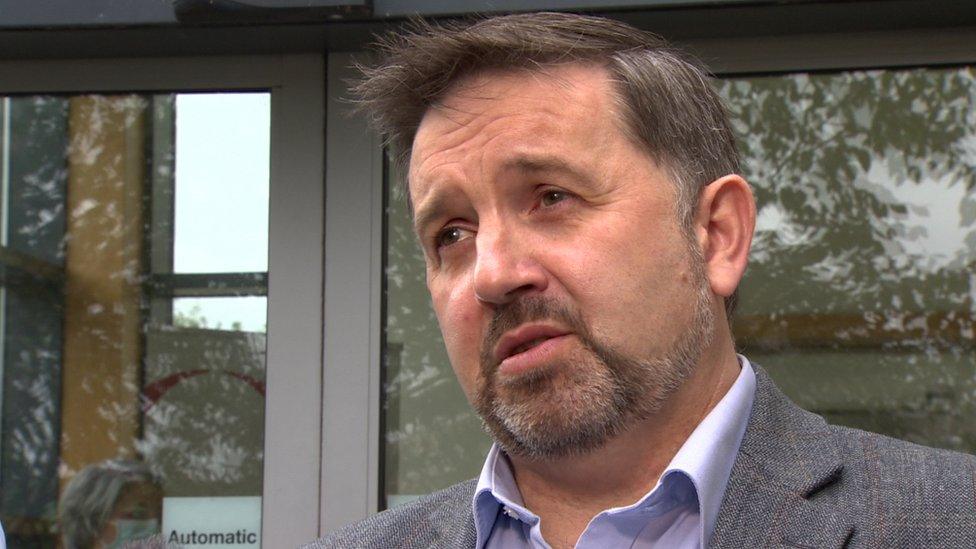
Health Minister Robin Swann says Stormont should "step up and invest in its health service"
On Saturday Mr Swann warned that the easing of Covid-19 restrictions could be reversed if necessary.
He has asked for another £30m of public funding to be given to his department to support the health system over the winter.
More than 500 armed forces staff - Army, Royal Navy and Royal Air Force (RAF) - have been deployed in Northern Ireland over the past year in response to the pandemic.
The Department of Health first requested assistance from the Ministry of Defence (MoD) in 2020 "when we were on our knees across the health service", Mr Swann said.
For two months at the beginning of 2021, armed forces personnel worked alongside nurses at the Ulster, City and Antrim Area hospitals.
Their second deployment involved medics being sent to the mass vaccination centre at the SSE Arena in Belfast - their duties ended in May.

'Most satisfying deployment'
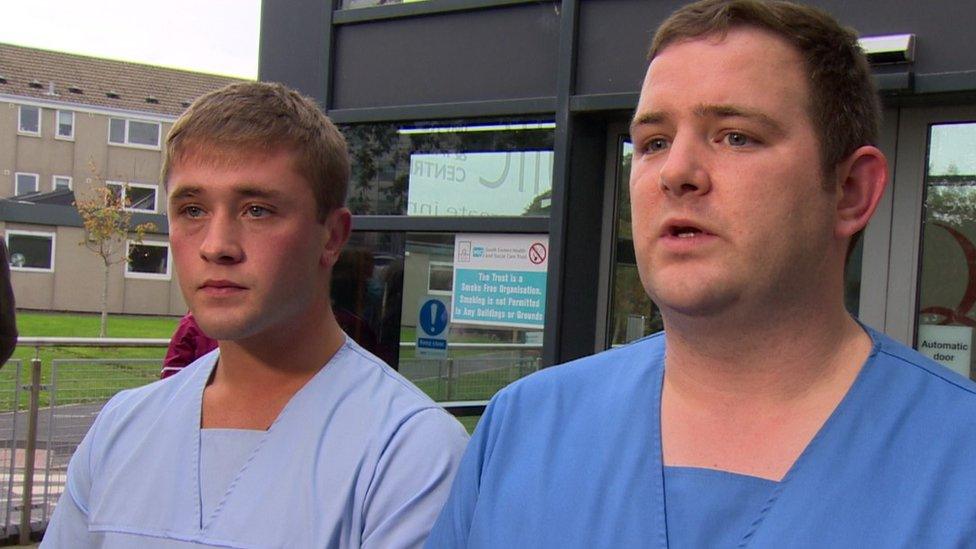
Pte Benjamin Brown and Cpl Lewis Maxwell were deployed to work at the Ulster Hospital in Dundonald
Cpl Lewis Maxwell is one of several medics who have returned to Great Britain after helping frontline staff at the Ulster Hospital.
He said he was sad to be returning home after the rewarding experience of "treating our own people".
"It is probably one of the most satisfying deployments I have done in 15 years of being in the Army - that is including tours to Afghanistan," he said.
"There were a lot of younger medics who came over so it was quite challenging for them, the things that they see and what they face."
Pte Benjamin Brown, who has completed his second deployment to Northern Ireland, said he enjoyed giving more time to the patients and talking to them.
"For that, a lot of them have been very, very grateful," he said.
"At times it does get really, really busy - you can see the stress that it puts on the nurses."

Meanwhile, SDLP health spokesman Colin McGrath has urged Mr Swann to publish data on the number of people being treated for Covid-19 who are unvaccinated in Northern Ireland hospitals.
Stormont's Health Committee has agreed to write to health chiefs requesting that additional data is included on the Department of Health's daily Covid-19 statistics dashboard.
South Down MLA Mr McGrath said it was "important that people have access to as much information as possible about the success of the vaccination programme".
'Hard truth'
His calls comes after Dr Frances O'Hagan, of the British Medical Association (BMA), said hospitals were overwhelmed by coronavirus and other illnesses.
She said one problem was that too few people had been vaccinated for Covid-19.
Dr Sean McGovern warns patients may face longer waits at A&E
Dr Sean McGovern, a consultant at the Ulster Hospital's Emergency Department, told BBC News NI there were about 200 patients waiting for a bed on Monday morning.
He said staff were under "enormous pressure" and medical staff were hoping those were the worst figures they would see in what has become a "normalised winter crisis".
He said fewer Covid-19 patients would mean fewer of those 200 people waiting for a bed.
Another 1,061 cases of coronavirus and five Covid-19-related deaths were reported by the Department of Health in Northern Ireland on Sunday.
Mr McGrath said information provided by the Department of Health was "stark" and revealed "the hard truth that those without a Covid-19 vaccine are significantly more likely to end up in hospital and more likely to be faced with serious illness".
He said additional data would "allow people to understand the scale of the problem".
"We are facing an incredibly serious situation as we enter a difficult winter period and we need to do everything we can to prevent infection and serious illness."
Related topics
- Published16 September 2021
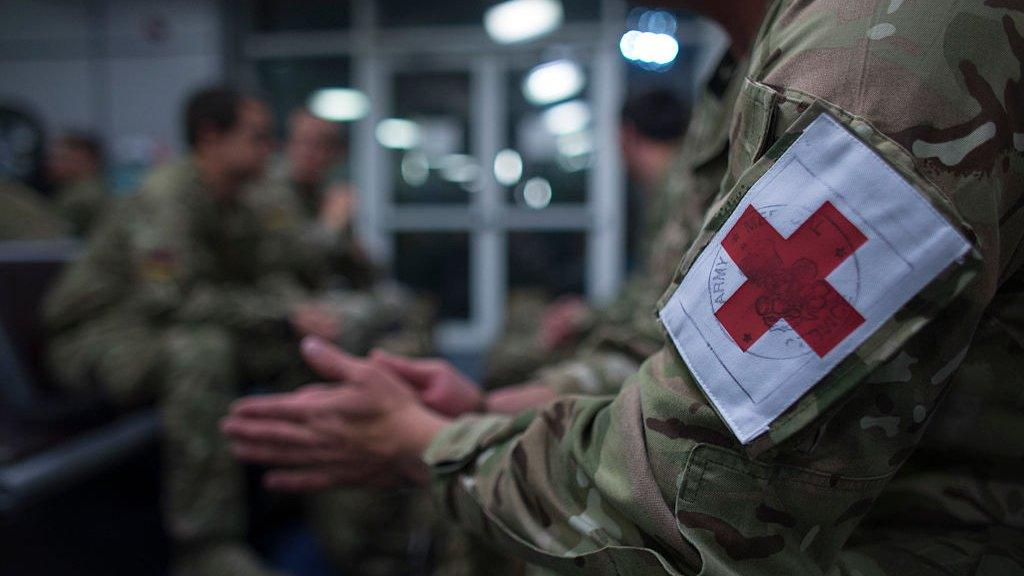
- Published31 May 2021
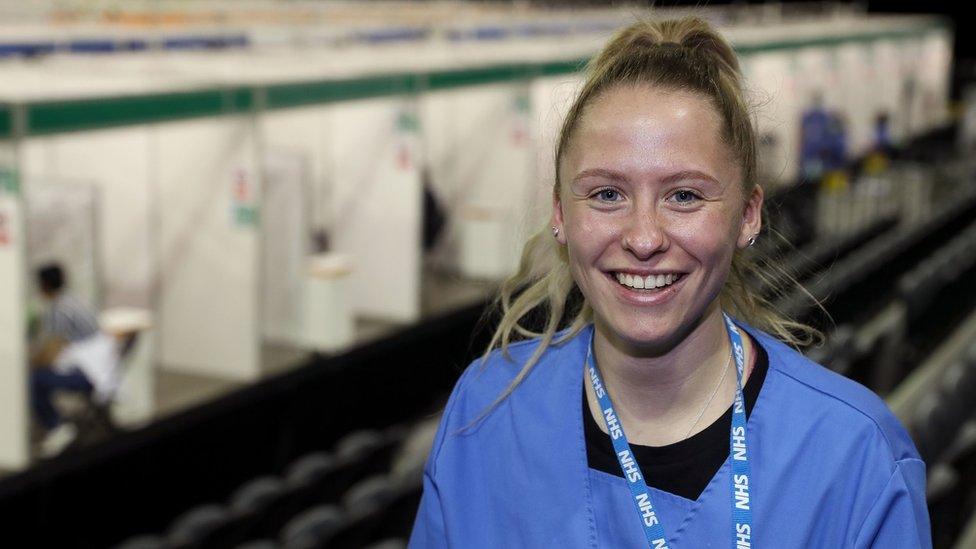
- Published28 January 2021
